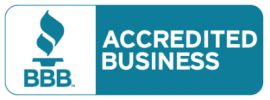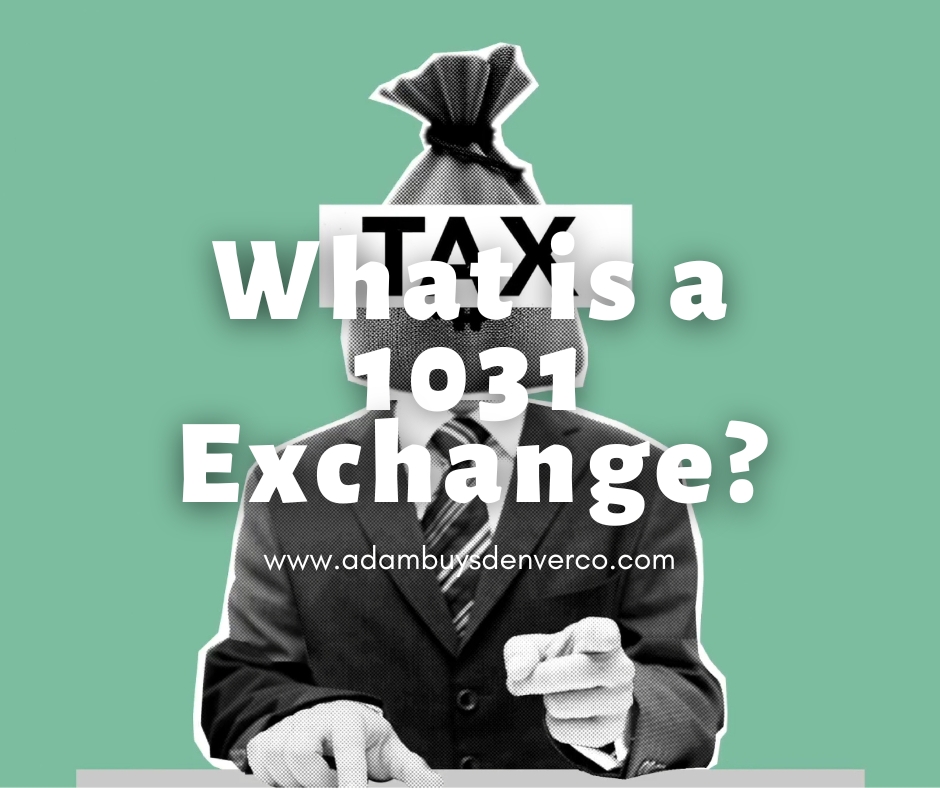
Speak to me directly!

A 1031 exchange, also known as a like-kind exchange or a Starker exchange, is a tax-deferred exchange of property that is used for business or investment purposes. The exchange allows the owner to sell a property and purchase a new property, while postponing the payment of taxes on the gain from the sale of the original property. To qualify for a 1031 exchange, the properties being exchanged must be of “like-kind,” meaning they must be used for similar purposes and be of similar character. Additionally, specific rules and timelines must be met in order to complete a successful 1031 exchange.
A 1031 exchange allows the seller to defer paying taxes on the gain from the sale of a property. This can be a significant benefit because it allows the seller to reinvest the proceeds from the sale into a new property, without having to pay taxes on the gain. This can help the seller to build wealth more quickly by reinvesting the proceeds from the sale, rather than having to pay taxes on the gain and reducing the amount of money available for reinvestment. Additionally, the 1031 exchange can help to increase the value of the new property, since the proceeds from the sale of the original property can be used to purchase a more expensive or improved property.
To qualify for a 1031 exchange, the properties being exchanged must be of “like-kind,” meaning they must be used for similar purposes and be of similar character.
Properties that can be exchanged under a 1031 exchange include:
Personal property such as vehicles, artwork, and collectibles do not qualify for a 1031 exchange. Additionally, the properties must be held for use in a trade or business, or for investment. Properties that are held primarily for personal use, such as a primary residence, do not qualify for a 1031 exchange.
It’s always best to consult with a tax professional or attorney before going through a 1031 exchange to ensure that the properties in question meet the like-kind requirements and that the exchange is done according to the rules and regulations.
The 45-day rule is a requirement for completing a 1031 exchange. According to the rule, the taxpayer must identify potential replacement properties within 45 days of the sale of the original property. The identification must be in writing and must be received by the taxpayer’s Qualified Intermediary (QI) or attorney, or sent to the other parties involved in the exchange, such as the seller of the replacement property.
The identification can include up to three potential replacement properties, regardless of their fair market value. If more than three properties are identified, they must be considered as a group, and their aggregate fair market value must not exceed 200% of the fair market value of the relinquished property.
The 45-day rule is great because it helps to ensure that the taxpayer is actively working to replace the relinquished property, rather than simply using the 1031 exchange as a way to avoid paying taxes on the sale of the original property. Additionally, the 45-day rule helps to ensure that the taxpayer has a clear plan for reinvesting the proceeds from the sale of the original property.
The 45-day rule is a strict requirement, the taxpayer has to comply with it, otherwise, the exchange will not qualify for tax-deferred treatment.
Disclaimer: This is for educational purposes and is not legal or financial advice for your real estate situation.
Comments are closed.